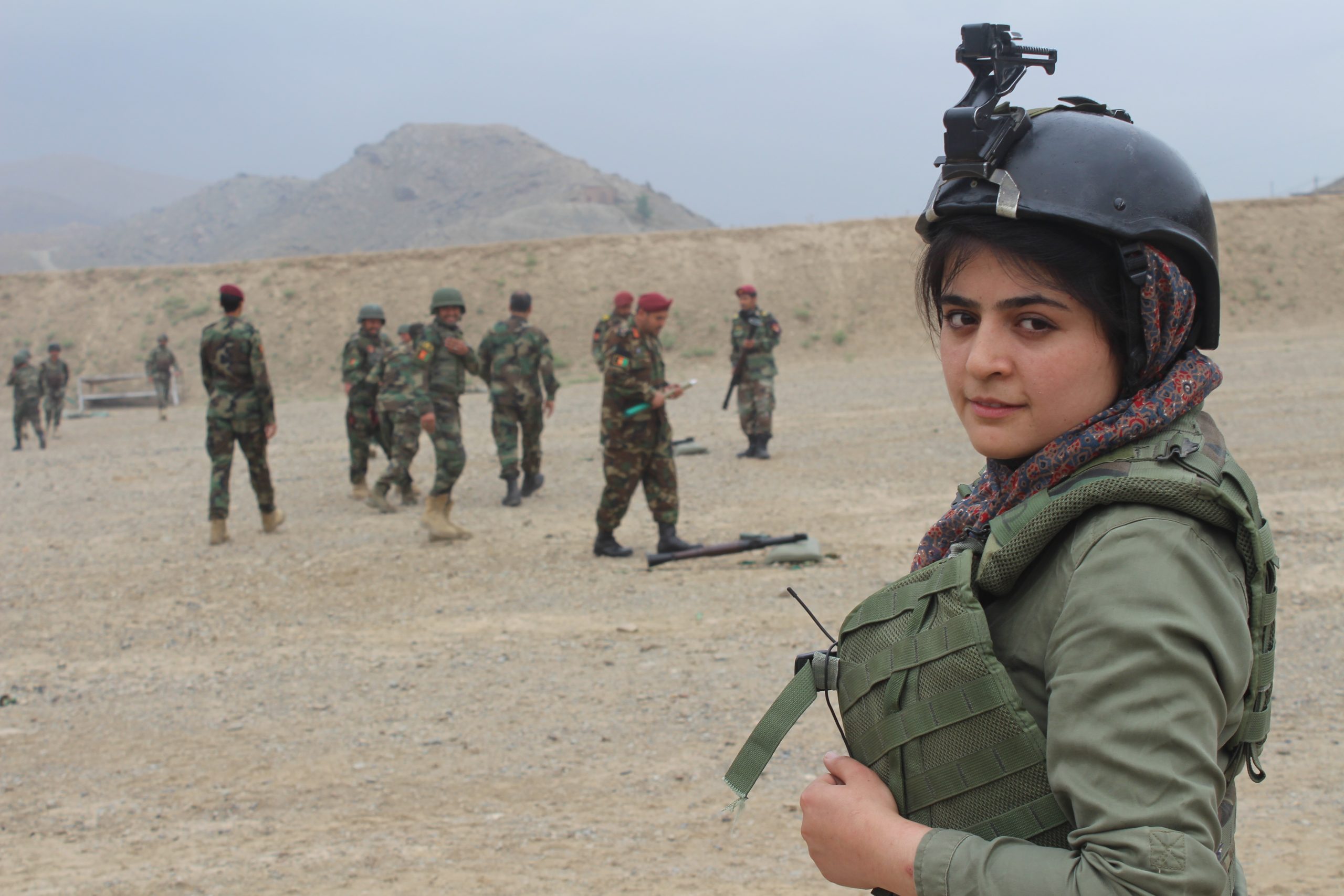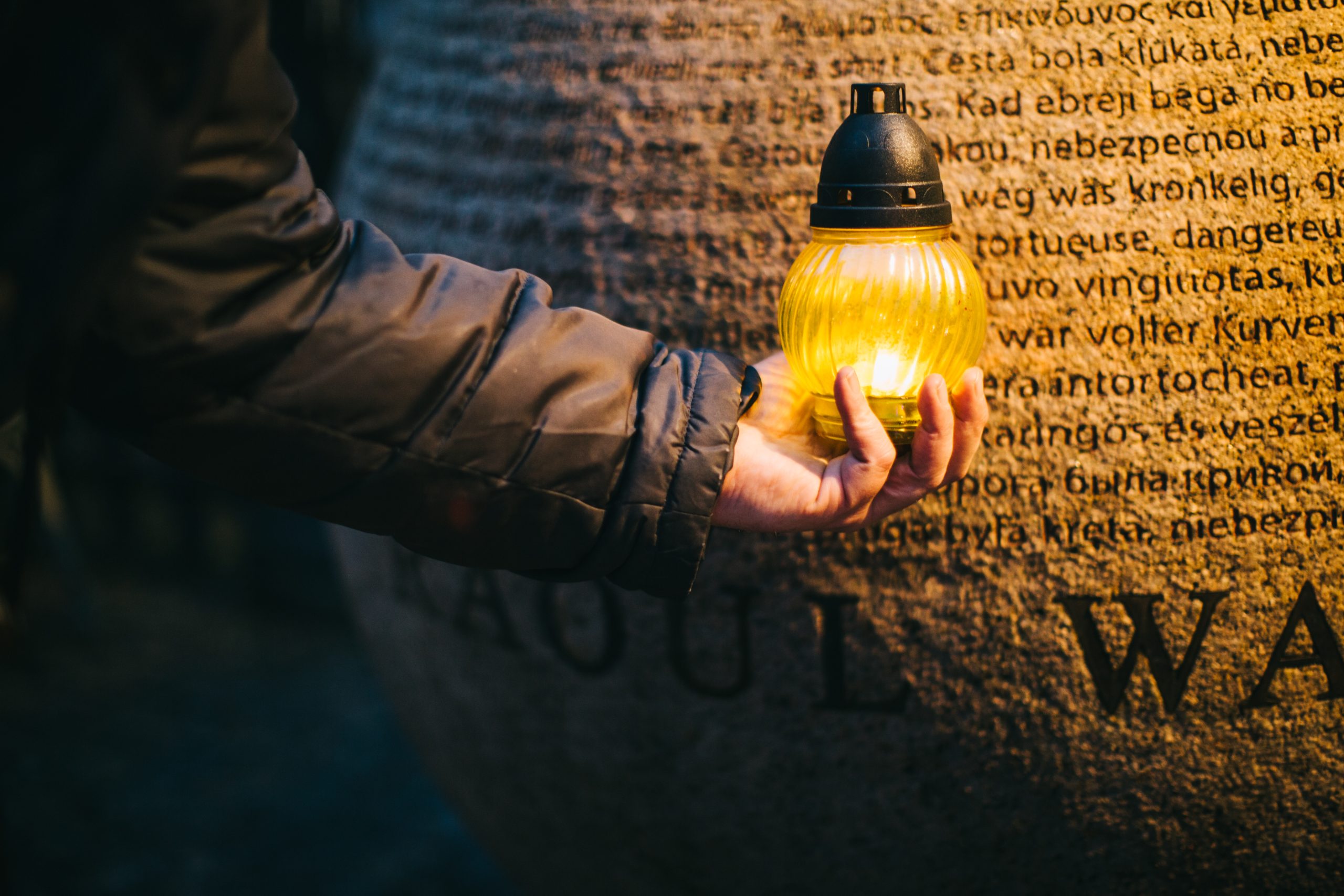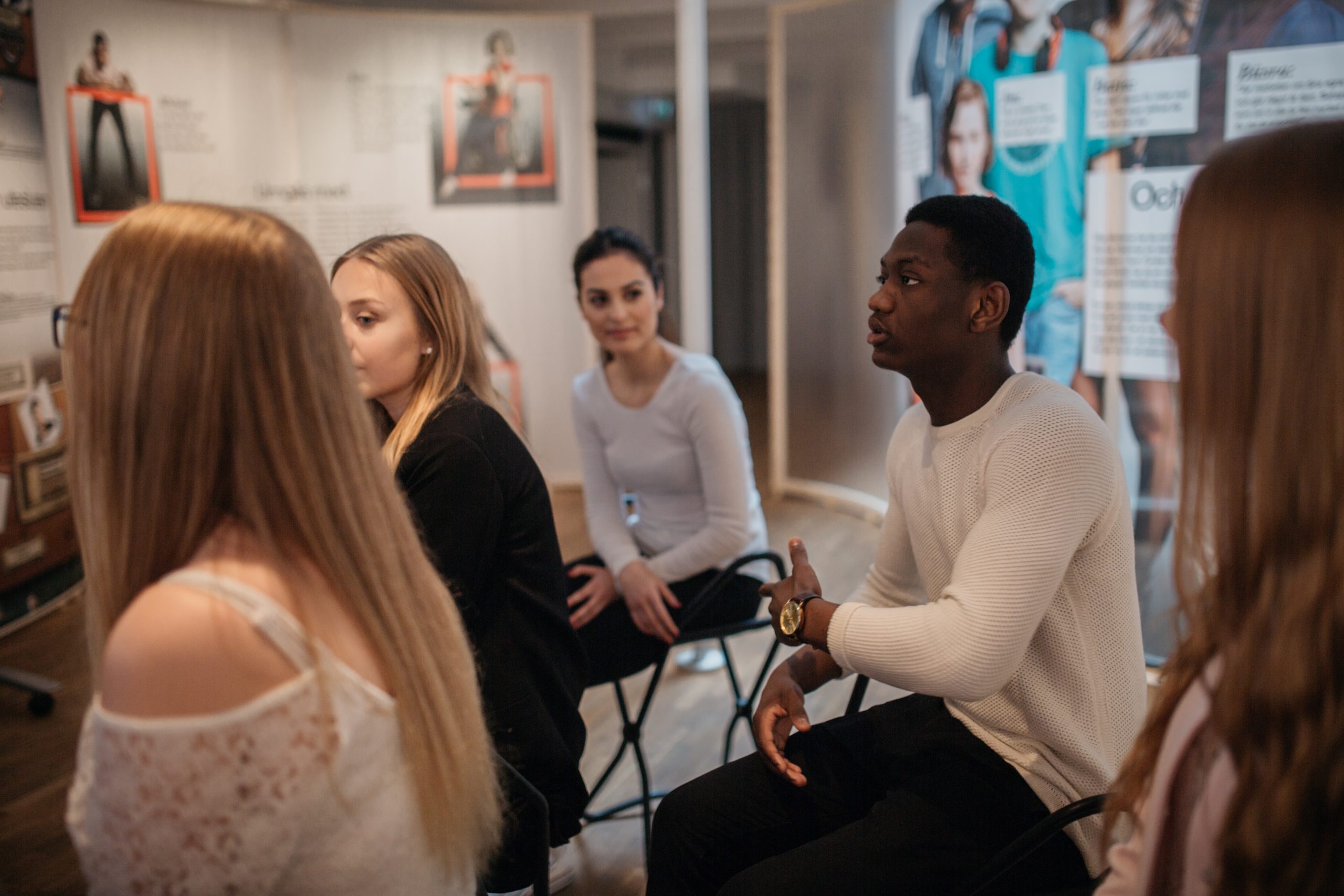2019: Najwa Alimi
Learn about Najwa Alimi, recipient of the 2019 Per Anger prize to human rights defenders.

Najwa Alimi. Photo: Zan TV.
“I can't explain where the courage I feel as a journalist comes from, but when I pick up my camera, an inner voice says keep going. No matter what happens, just keep going. I feel like I'm carrying a weapon. When I turn on the microphone, I feel that at least I managed to save one breath and pass on a message to the people.”
Meet Najwa Alimi
About Najwa Alimi
Najwa Alimi fights for freedom of speech and women's rights in Afghanistan – one of the world's most dangerous countries for journalists, but also for women in general. She works as a reporter for the Afghan TV channel Zan TV, a station with only female reporters and editors. She raises topics avoided by other journalists, including social vulnerability, drug addiction, and discrimination. Through her journalism, she makes way for stories and voices otherwise not heard.
While more and more women in Afghanistan have started working, harassment and lack of education still constitute major obstacles for many of them. Najwa wants to show that women can work in an industry considered taboo for them. As a journalist, she wants to continue to focus on women and their situation, and she is convinced that her job helps enable women in Afghanistan to make better decisions about their future and that her journalism also reaches, and influences, decision-makers.
Interview with Najwa Alimi
What’s it like to be a female journalist in Afghanistan?
– There are backward traditions and cultures in Afghan society. People who dismiss you because you are a woman. It makes it difficult to create a place for yourself in the community you live in and in the profession you have. As female journalists, we must be mentally prepared for the risks and dangers we will be exposed to. We are not considered “good” women because we are journalists, which makes our private lives difficult.
What topics are you passionate about?
– What has made me happy is when I've worked with topics that have affected people's lives. Topics that deal with how men think, why they do things that benefit them and give them power while saying no to us. Topics about how women's lives are limited by always having to think about how I dress, if my hair shows, if my laughter is too loud. These are topics I work with and want to continue working with.
Freedom of speech – what does that mean to you?
– A common denominator for the most developed countries in the world is that they have freedom of speech. Thanks to freedom of speech, they have been able to drive their countries forward. That says a lot about how powerful freedom of speech is.
– In Afghanistan, freedom of speech is misused. Many people express themselves in derogatory ways, claiming freedom of speech. Real freedom of speech is that which allows me as a journalist to write and describe the rotten system found in, for example, authorities, and still feel safe. That sense of security and safety does not exist today.
Aside from improved safety and security in Afghanistan, what else is needed for your country to be able to develop towards a democracy?
– I believe that the men of Afghanistan should abandon the traditional, closed societal view. They should learn about the value of women and women's right to take up space. Afghan men need to understand that we are strongest together.
Describe the moment when you learned that you had been awarded the Per Anger Prize?
– When I was notified of the Per Anger Prize, I froze for a few seconds. I was at the editorial office. I teared up and felt grateful for the positive driving force that has brought me to where I am today.
– This prize shows the world that the women of Afghanistan have a strong desire for change. This prize also says no to the traditions and norms which limit us. It shows that all those who think we are weak and second-class citizens are wrong.
Facts about Najwa Alimi
Najwa Alimi is 25 years old and was born in Faizabad, north-eastern Afghanistan. She started school in her home region, but later moved to Kabul to study chemistry and journalism at the university. Alongside her work at the TV station Zan TV, she and her friends run a book café that provides young girls and boys with a safe haven where they can borrow books and speak freely.
Najwa Alimi was nominated for the Per Anger Prize by the Swedish section of Reporters Without Borders.
The motivation of the Per Anger Prize jury
With great courage and risk to her own life, journalist Najwa Alimi fights for the right of women to be seen and their stories to be heard in Afghanistan. In her country, many women are unable to leave their homes, let alone work and be seen on TV. She is also engaged in giving young girls access to books, in order to break their isolation through literature. She provides hope for a new generation of Afghan girls and boys.



